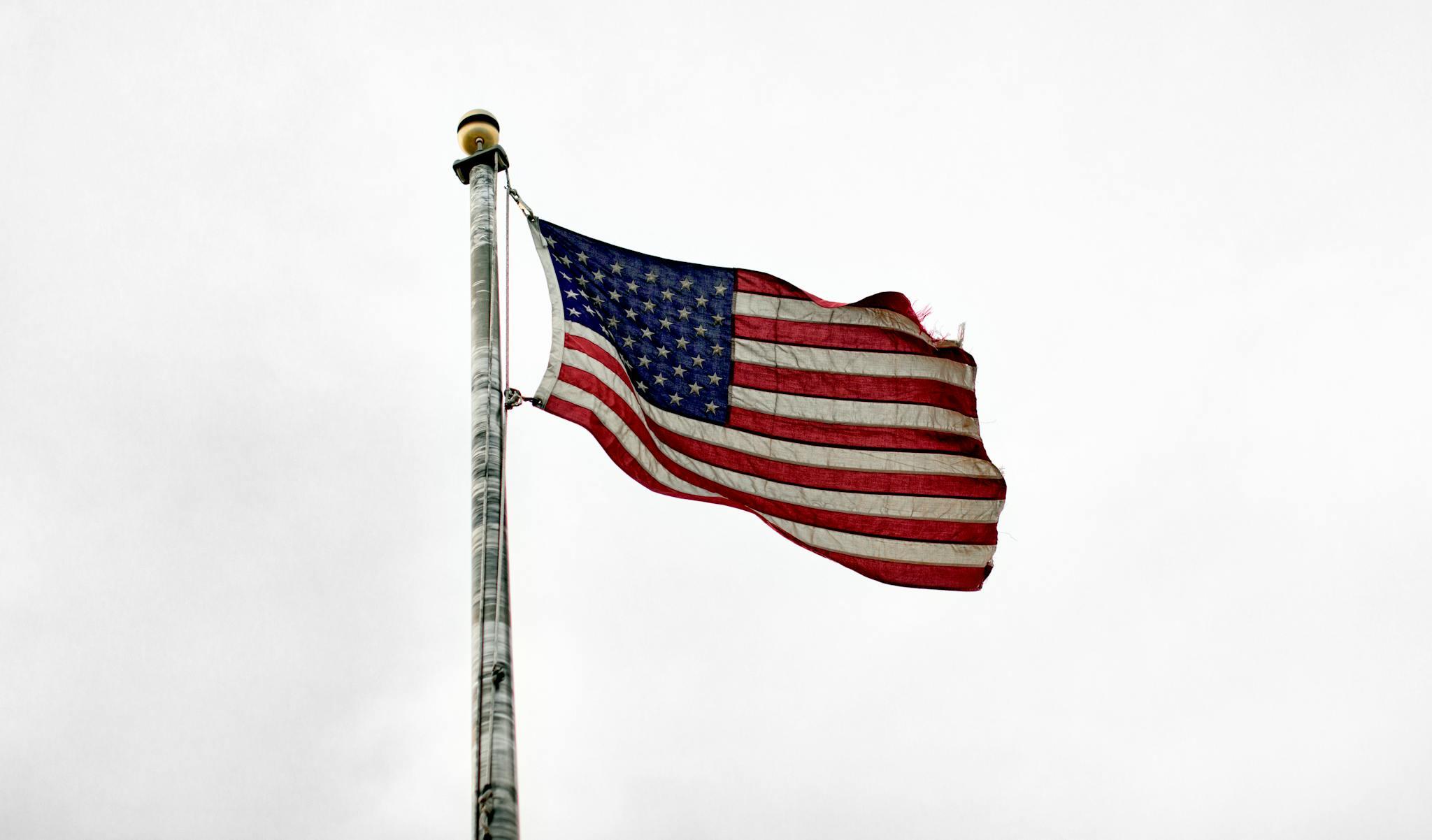‘We saw people halfway fail, but we succeeded’

Karima Abdullah is a U.S. citizen. Although, unlike most Americans who are born into citizenship, Abdullah’s journey has been years in the making — one that first started almost a decade ago when she fled Afghanistan with her three children.
Abdullah left Afghanistan in 2015 to seek safety and a better life for her family. She lived as a refugee in Pakistan for three years, taking care of her young kids alone as she awaited resettlement.
“Life was much harder [in Pakistan],” Abdullah said — her 19-year-old son translating her Dari to English. “The weather was very hot and you don't have the technology like you have here. You had to work, the kids were still small. It was only me, so I had to do everything.”
After three years in Pakistan, Abdullah’s family was selected for resettlement in Arizona in 2018.
“I was very excited because I wanted to know what I’m going to see, who I’m going to meet, and it’s a different whole world,” Abdullah said.
When she arrived in the U.S., Abdullah was greeted by a case manager from Lutheran Social Services of the Southwest (LSS-SW), one of five resettlement agencies in Arizona.
Once granted resettlement, a refugee’s case is given to a resettlement agency or a sponsor group. When assigned to an agency, a case manager will work with the individual or family from the moment they step off the plane to at least three months after arrival, but often longer according to need.
“Once I got here, the first one or two years was very hard,” Abdullah said. “Then case managers, the [English] teacher and everyone helped to get back my feet so I can keep continuing this journey.”
Through LSS-SW, Abdullah received assistance with housing, getting connected with programs like English learning and employment support, enrolling in public benefits and more.
One of her family’s biggest needs was getting a wheelchair for her oldest child who has cerebral palsy. When Abdullah’s family was in Pakistan and even for a few years in the U.S., her daughter did not have access to a wheelchair and was immobile. However, with the help of their case manager, they recently acquired a wheelchair that can accommodate her daughter’s physical needs and allow her to attend school.
“They always helped us,” Abdullah said. “There's not something they have not done.”
Abdullah has now been in Arizona for six years, and this last year, she gained her U.S. citizenship.
Every refugee who is admitted into the U.S. is put on a path to citizenship, or naturalization. Within one year of entry, they can apply for permanent residence, and after five years, they can apply for citizenship.
The naturalization process consists of an interview and an English and civics test. Abdullah said she studied and went to classes for six months beforehand and passed on her first attempt.
“After that, I went and picked up my son from high school and we went to an Afghan restaurant,” Abdullah said. “It was a very good day.”
Throughout her years in Arizona, Abdullah has worked as an Amazon Flex driver and as her daughter’s caregiver. Through her work, she was able to buy a modest home. Her home has large windows that fill the rooms with light, which she said was especially important as they are a standard in Afghanistan. Her living room is decorated with a blend of American-style furniture, Persian rugs lining the floor and an Afghan sofa set consisting of large floor pillows she made herself.
Abdullah’s two sons have also become citizens and the eldest started college this year. Her daughter is still in the naturalization process as the family works to obtain papers from a doctor to prove her disability and excuse her from the testing. Even as they wait though, the path to citizenship is still clear.
“We moved to America for the safety and refuge for a better life,” Abdullah said. “And just the best part of it is that we succeeded. We saw people halfway fail, but we succeeded.”
Post a comment